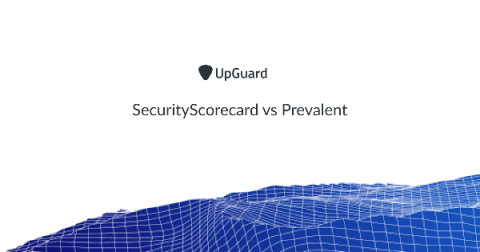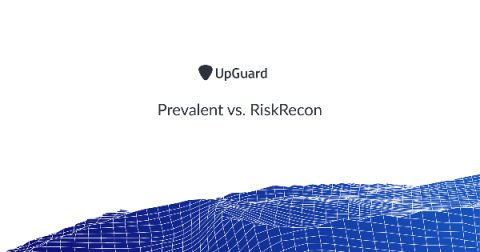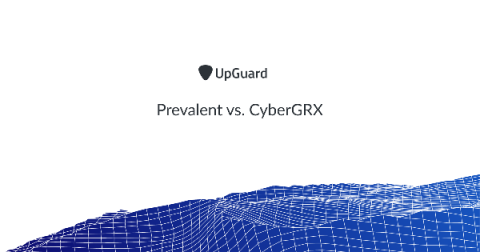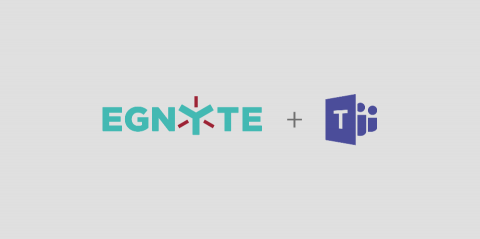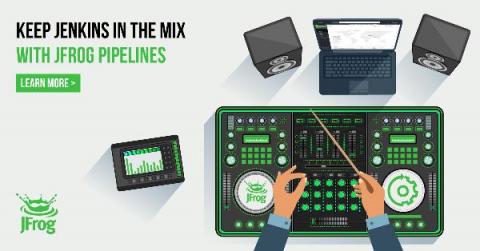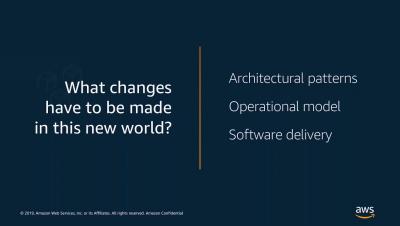Security | Threat Detection | Cyberattacks | DevSecOps | Compliance
%term
SecurityScorecard vs Prevalent Comparison
The average cost of a data breach is now nearly $4 million and the unfortunate truth is third-parties are a significant source of cyber risk. This is why cybersecurity vendor risk management (VRM) has become a top priority for CISOs, Vice Presidents of Security, and other members of senior management, even at the Board level. In addition to financial costs, there are increased regulatory and reputational costs.
Prevalent vs. RiskRecon Comparison
Every day third-party data breaches and data leaks inundated our news cycle. And for good reason, the average cost of a data breach is nearly $4 million globally. This has led to organizations looking for ways to reduce cyber risk and prevent data breaches. Vendor risk management (VRM) is now a top priority for CISOs and other members of senior management, even at the Board level.
Prevalent vs CyberGRX Comparison
Every day the news is filled with third-party data breaches and data leaks. And for a good reason, they often expose the protected health information and personally identifiable information of thousands or even hundreds of millions of people. For context, the Ponemon Institute estimates that the average cost of a data breach is nearly $4 million globally.
COVID-19 Scam Roundup - April 20, 2020
Scams leveraging coronavirus 2019 (COVID-19) as a lure have stolen tens of millions of dollars from their victims. As of April 16, 2020, the Federal Trade Commission (FTC) had received 20,334 consumer reports of fraud attempts pertaining to the coronavirus since the beginning of the year. Those attacks that proved successful had caused their victims more than $15 million in damages at the time of writing. Unfortunately, both of those figures are likely to grow as time goes on.
Building Effective Cybersecurity Budgets
Building an effective and resilient organization on a budget isn’t a small task. When it comes to cybersecurity budgets, there are many different aspects that need to be considered. Thankfully, alignment with industry best practice and recognized security frameworks adds a small amount of clarity to this challenge.
Egnyte Extends Integration with Microsoft Teams
Egnyte is committed to building an ecosystem of solutions that help organizations collaborate more effectively and securely. Our ongoing work with Microsoft Teams, which already includes Egnyte capabilities through Collaboration Tab and Messaging Extension, is an important part of this goal.
What is Security Case Management?
A Security Orchestration, Automation, and Response (SOAR) platform enables your security team to focus on high-priority security events while the low-priority events are automatically dealt with. A SOAR platform helps in decreasing the response time while increasing the overall efficiency.
Enable Global DevSecOps with Cloud Enterprise and Xray on AWS
When software can travel around the globe at the speed of the cloud’s gusts, enterprises need to be extra certain the updates they release are safe for customers to use. If an app built in Palo Alto uses a vulnerable package from Belgrade, losses can ripple from Sheboygan to Shanghai. At JFrog, we believe enabling global DevSecOps in the cloud should be an easy process.



